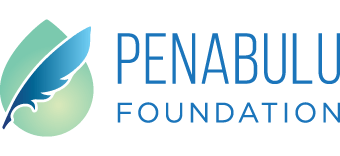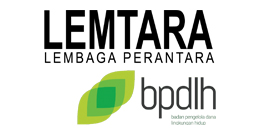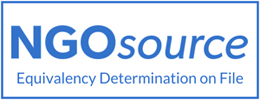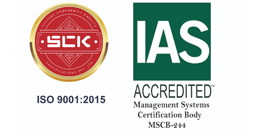Funded by
Ministry of Villages, Development of Disadvantaged Regions and Transmigration of the Republic of Indonesia.
Document
Employment Agreement Letter No. 05/BPI/PUSDAING-KAI/IX/2023
Budget
IDR 90.000.000
Period
September 15, 2023 – December 13, 2023
Description
Waste is a national issue that requires comprehensive handling. According to the National Waste Management Information System (SIPSN) of the Ministry of Environment and Forestry, Indonesia produces 33.1 million tons of waste per year. Of this amount, only 59.36%, or 19.65 million tons, can be managed. The impacts of the waste issue encompass ecological damage, disease sources, flood potential, imbalance between waste space and humans, carbon emissions, global warming, climate change, and disaster risks.
The solution to this waste problem requires the involvement of all relevant parties through effective, efficient, and sustainable waste management. Through the engagement of these stakeholders, waste management can be improved at every stage, from upstream to downstream, so that waste can be properly managed.
Effective waste management can be a solution to several issues, including reducing greenhouse gas emissions. Innovations at the upstream level, especially in households which are the largest waste sources, are key to addressing this problem. The 3R (reduce, reuse, recycle) program is an environmentally friendly waste management step that can reduce the amount of greenhouse gas emissions. This can also be achieved through improving waste management processes at the Final Processing Sites (TPA) and utilizing waste for energy production.
The use of digital technology, such as waste management information system applications, along with high-tech solutions to reduce odor in waste, can open doors to sustainable solutions, to includes developing appropriate technology to turn waste into valuable products. This innovation development aligns with Indonesia’s economic transformation towards a green economy.
Penabulu Foundation collaborates with the Ministry of Villages, Development of Disadvantaged Regions, and Transmigration of the Republic of Indonesia to implement a program to develop a waste management ecosystem towards carbon trade in the a green economy with the following :
- Identify waste management ecosystems towards carbon trade to create a green economy.
- Analyze the roles of ecosystems related to waste management towards carbon trade.
- Develop a study on the development of waste management ecosystems to support a green economy.
- Conduct socialization on waste management ecosystems to support a green economy through carbon trade.
Funding
Ministry of Villages, Development of Disadvantaged Regions and Transmigration of the Republic of Indonesia , based on the Work Agreement document No. 05/BPI/PUSDAING-KAI/IX/2023, period September 15, 2023 – December 13, 2023 with a total budget IDR. 90.000.000,- work location in DKI Jakarta.





